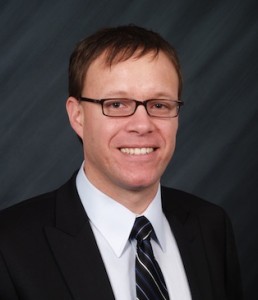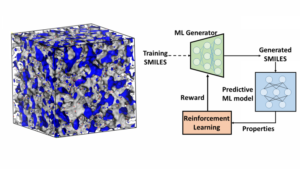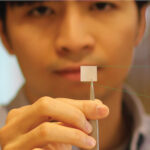 Dr. Julián Norato, associate professor of Mechanical Engineering, has been named Associate Editor of the ASME Journal of Mechanical Design. This archival journal publishes papers on and embraces broad, interdisciplinary aspects of engineering design research.
Dr. Julián Norato, associate professor of Mechanical Engineering, has been named Associate Editor of the ASME Journal of Mechanical Design. This archival journal publishes papers on and embraces broad, interdisciplinary aspects of engineering design research.
His current research interests lie in incorporating failure, geometric, manufacturing and cost requirements in computational topology and shape optimization techniques for the design exploration of novel and highly efficient structures and architected materials. Dr. Norato is a 2020 Air Force Research Lab Summer Fellow, the recipient of the 2019 ASME Design Automation Young Investigator Award, a 2018 NSF CAREER awardee and a recipient of the 2017 Office of Naval Research Young Investigator Program award. He also serves as Review Editor for the Journal of Structural and Multidisciplinary Optimization.

